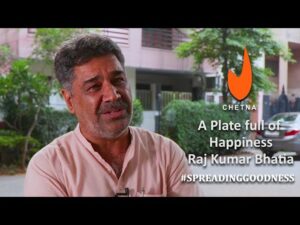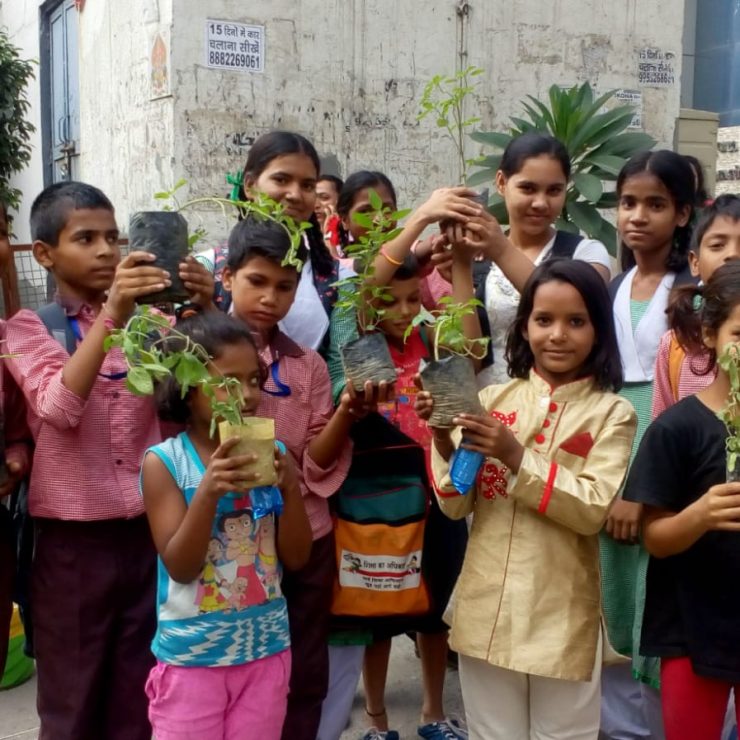According to the Global Hunger Index, India is among the...
Read More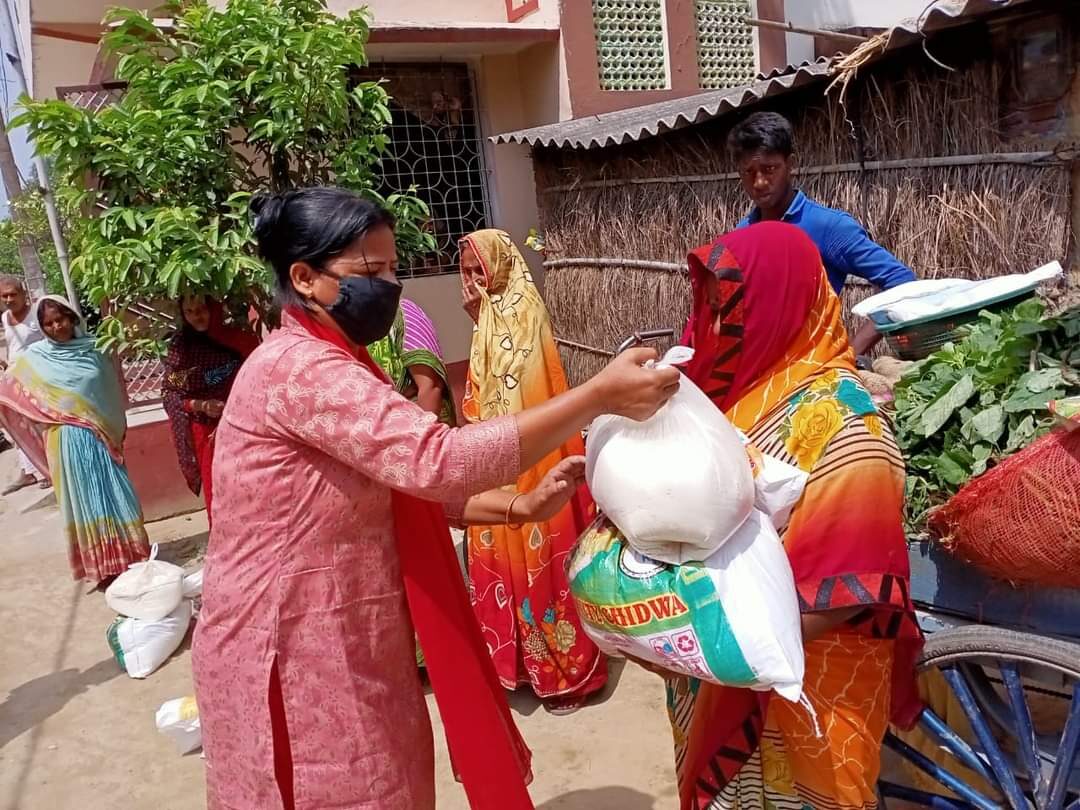
Hunger Eradication
The Food and Agriculture Organisation of the United Nations (FAO) describes India as “the world’s largest producer of milk, pulses, and jute and ranks as the second-largest producer of rice, wheat, sugarcane, groundnut, vegetables, fruit and cotton. It is also one of the leading producers of spices, fish, poultry, livestock, and plantation crops. Worth $3.1 trillion (`2.3 lakh crore), India is the world’s sixth-largest economy after the US and China.”
In glaring contrast, the Global Hunger Index places India in the 94th position in a list of 107 countries with a GHI severity scale of 27.2 — category “Serious.” Every night, 18.9 crore people go to sleep hungry, and 3 out of every 20 are food insecure, i.e. they do not know where their next meal will come from.
While under-5 mortality in India has decreased, there has been an increase in neonatal mortality caused by premature delivery and low birth weight. Low maternal education has been consistently related to low childhood nutrition leading to stunting.
Child stunting due to inadequate nutrition is highest in South Asia. It has been seen that poverty alleviation measures may not adequately address impediments to acquiring safe food and water and hygienic surroundings.
The COVID-19 lockdown has been distinctly traumatic for people in the slums in major cities. Most slum-dwellers belong to the unorganized sector or are daily wagers. With their sources of income abruptly cut off, these people suffered tremendously from lack of food. Most of them were migrants from other parts of India. They could not access the cities’ public distribution system, as their ration cards were location-specific and could not be transferred from their native villages or towns.
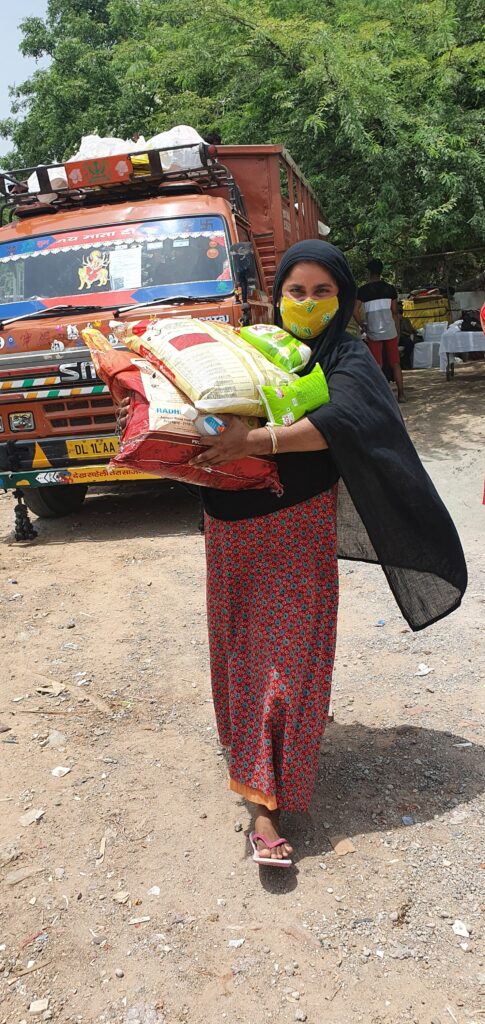
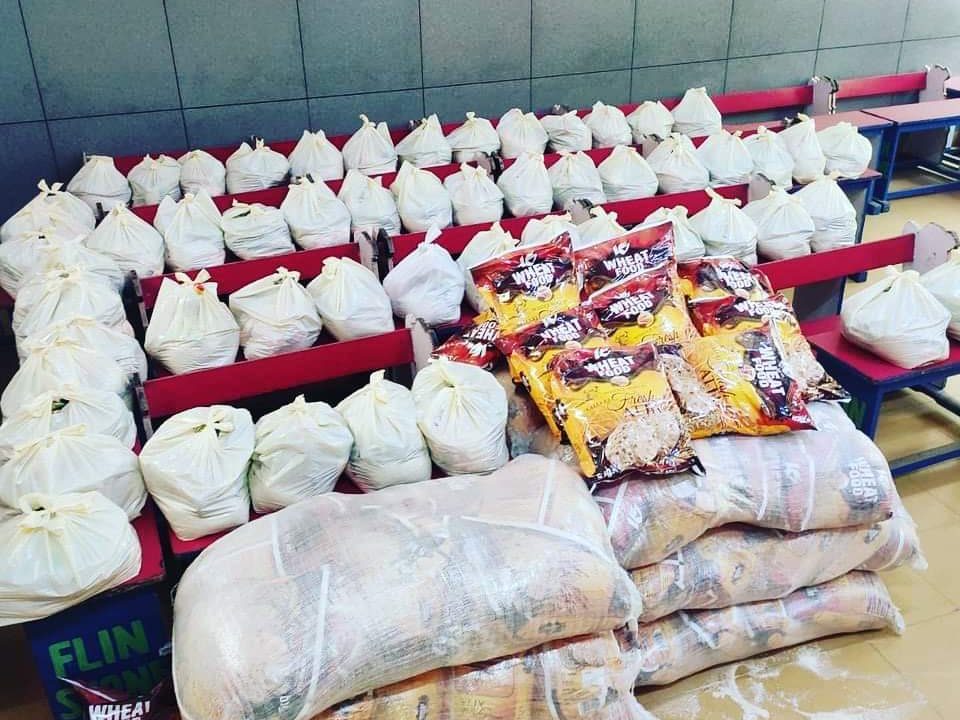
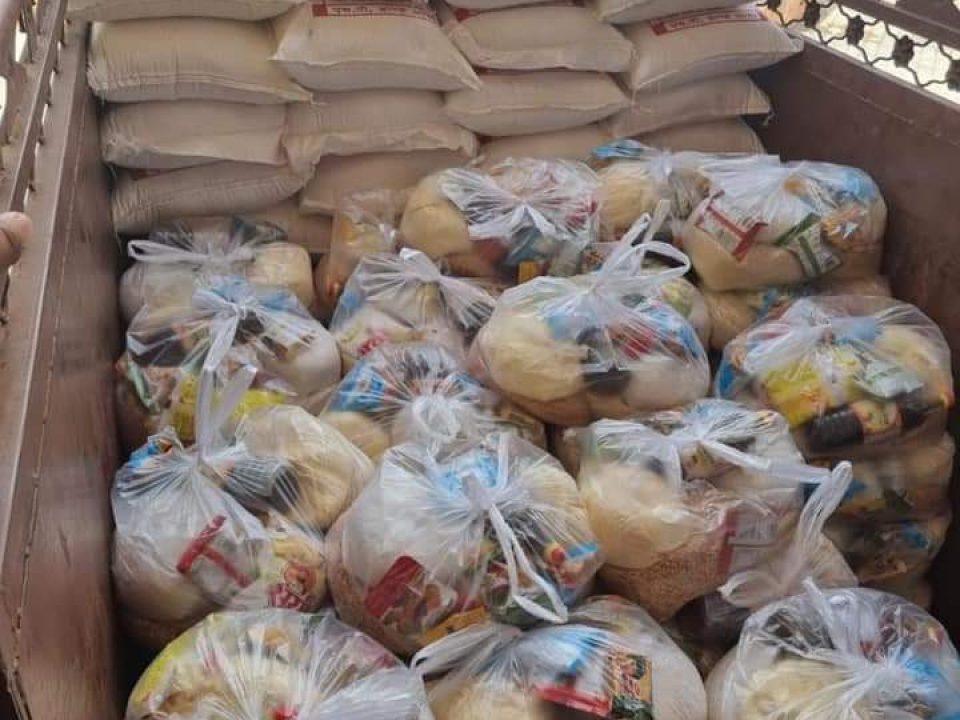
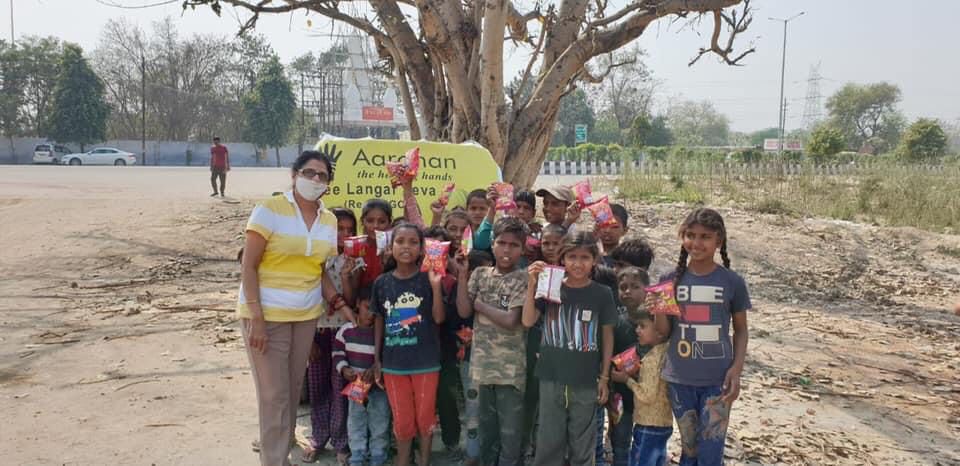
Chetna Heroes Anchal Sharma, Sana Arora and Rajkumar Bhatia had started their respective initiatives two years ago. During the lockdown period, their services were most gratefully appreciated by the public and administration.








